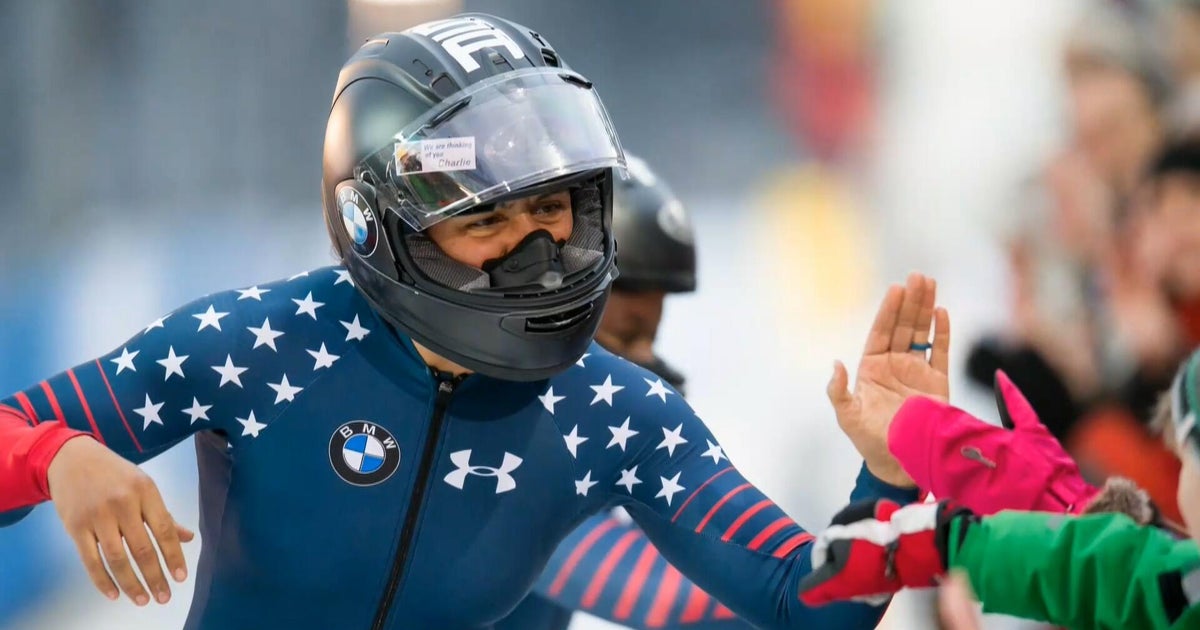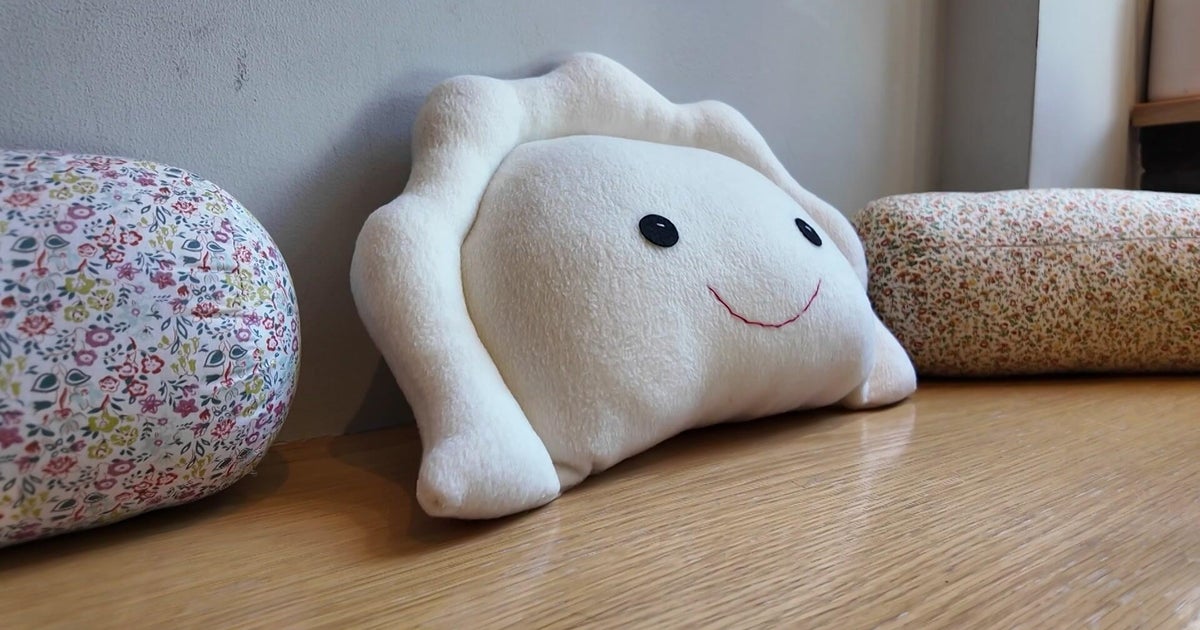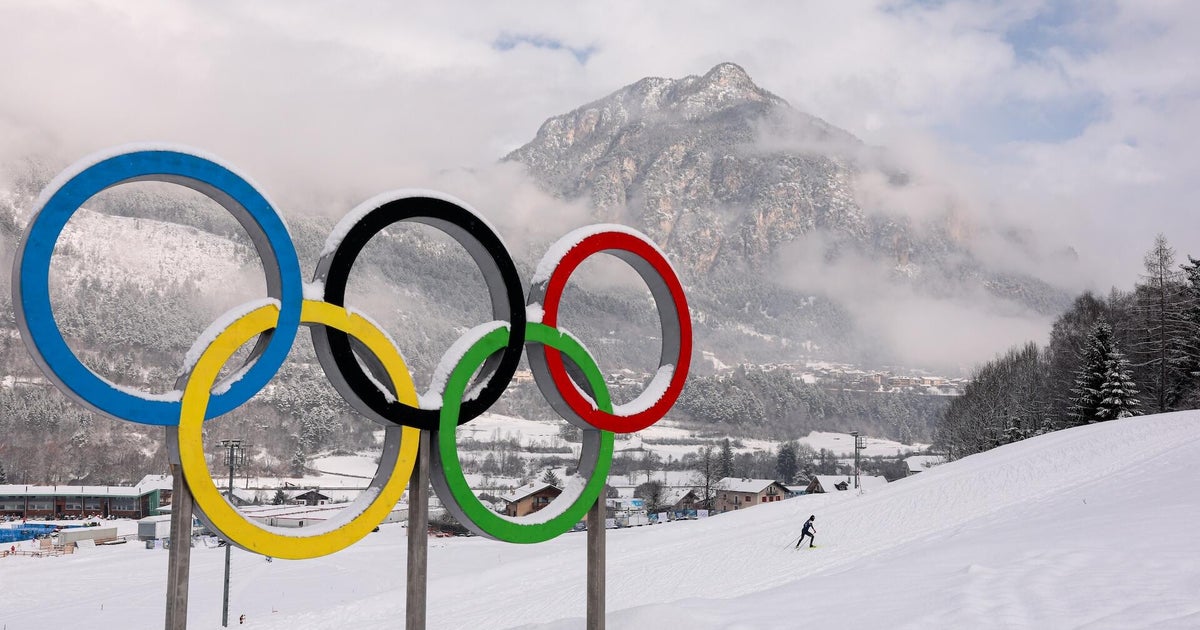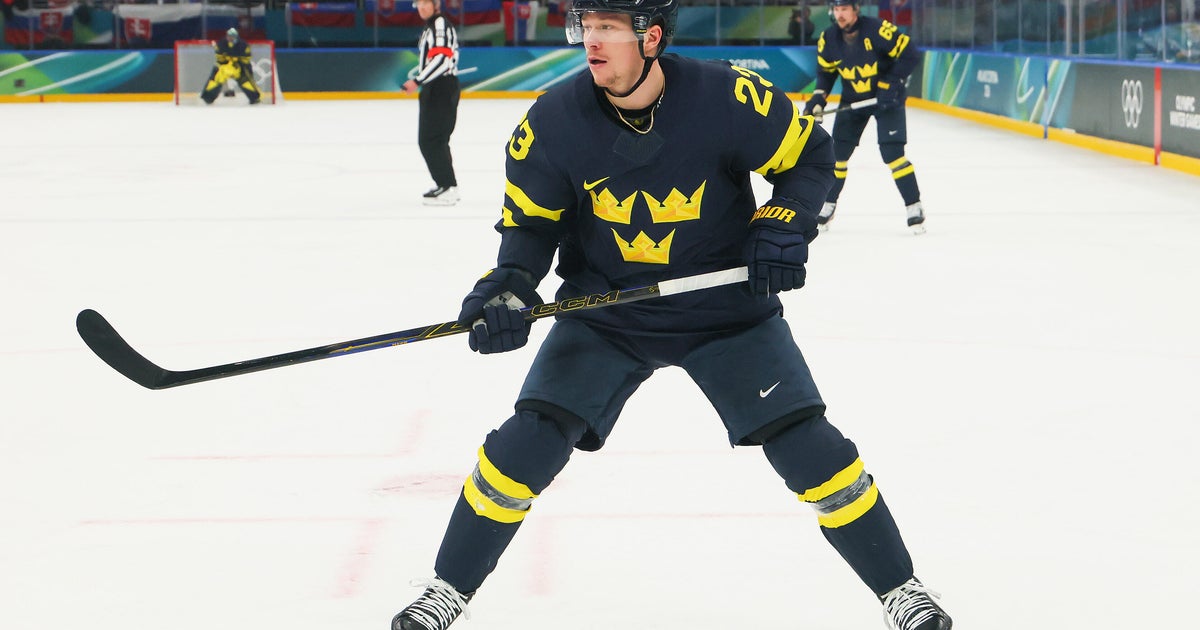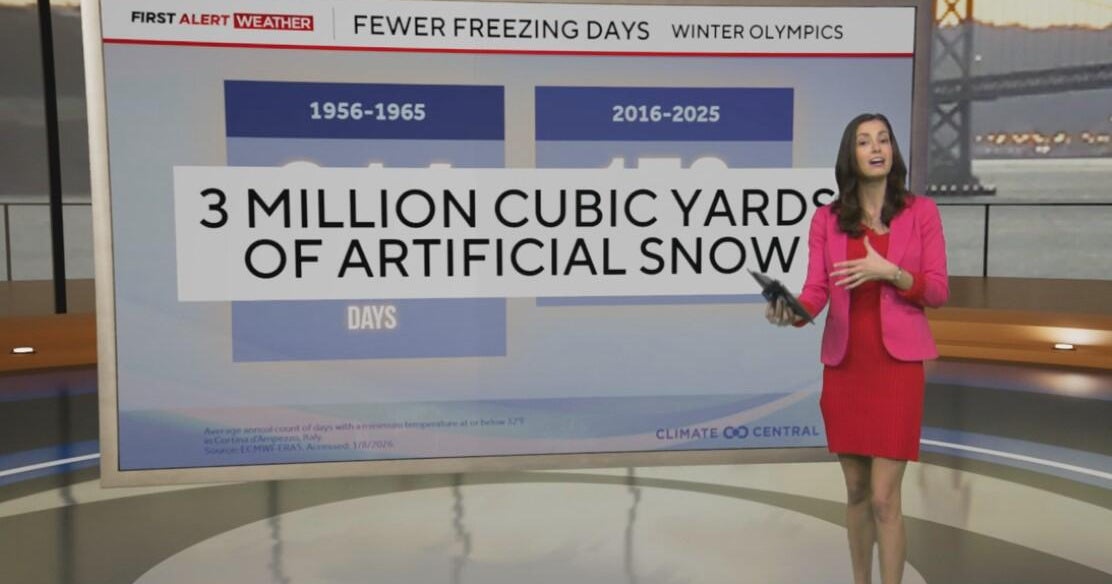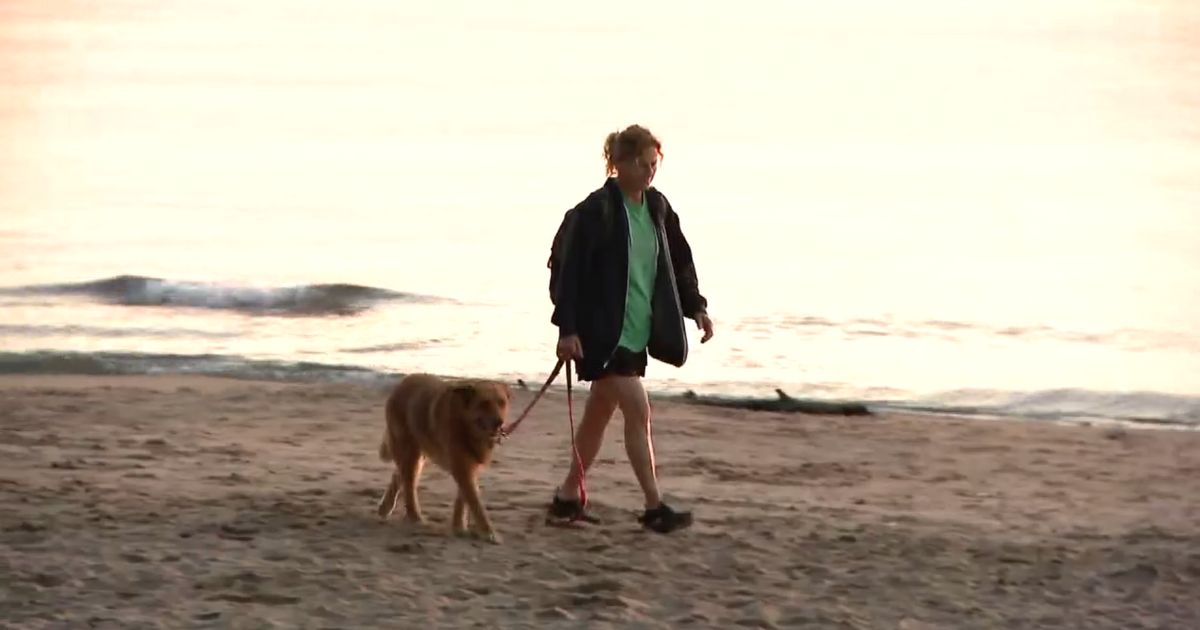Special Olympics Turns Forty-Four
The Special Olympics, which is one of only two organizations allowed to use the name "Olympics" in the United States (the other is currently doing its thing in London), held its first International Special Olympics Summer Games at Soldier Field in Chicago on July 19-20, 1968. That was 44 years ago, and the Special Olympics is still growing strong. In fact, it is better than ever.
The Special Olympics got its start in the early 1960s when Eunice Kennedy Shriver, sister of John F. Kennedy and Senators Robert and Edward (Ted) Kennedy, decided to do something about the injustice faced by people with intellectual disabilities — something she saw firsthand in the limited options afforded her sister Rosemary.
Camp Shriver, a summer day camp for young people with intellectual disabilities, opened in 1962 as a way to encourage sport and physical activities as common ground between all people.
In her Opening Ceremony remarks at the inaugural Special Olympic Games, Shriver proclaimed that the purpose of the new organization was to provide children with intellectual disabilities "the chance to play, the chance to compete, and the chance to grow."
Today, three years after the passing of Eunice Kennedy Shriver, Special Olympics is using sport as a way to both raise awareness about the abilities of children and adults with intellectual disabilities, and also, in the words of their mission statement, "to create a better world by fostering the acceptance and inclusion of all people."
Special Olympics Southern California works with more than 11,500 athletes in training, events, and competitions. The Southern California chapter is broken into 11 regions with a good portion covering the greater Los Angeles area.
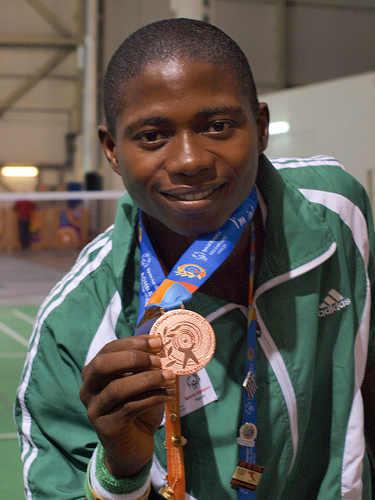 The influence of Special Olympics on the awareness and attitudes of society has been, and continues to be, a very positive one, but there is a more immediate and personal way to measure its success: Get involved.
The influence of Special Olympics on the awareness and attitudes of society has been, and continues to be, a very positive one, but there is a more immediate and personal way to measure its success: Get involved.
The Special Olympics organization relies on the time and donations of volunteers and sponsors. There are many ways to get involved, from coaches to athletes and a list of very important jobs that help make Special Olympics possible. Please visit the Special Olympics Southern California website for volunteer and donation opportunities.
This month marks 44 years of Special Olympics changing attitudes. Together we can make it the best year yet.
by Whit Honea
photos courtesy of Special Olympics
